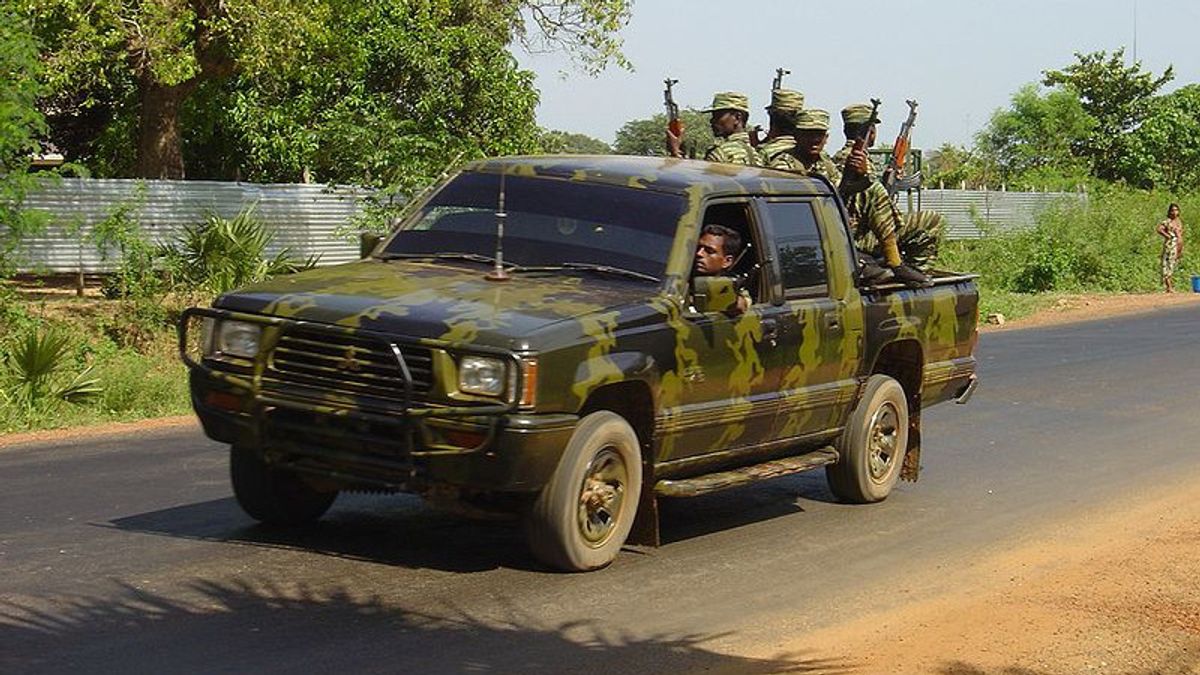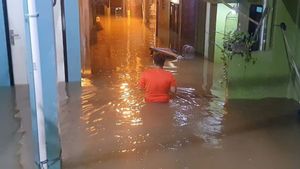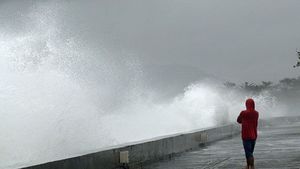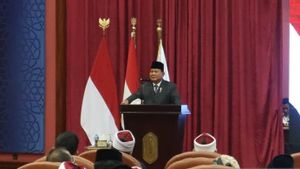JAKARTA - More than a hundred people were killed and nearly 300 injured after a bomb exploded in the Sri Lankan capital, Colombo, on April 21, 1987. The bomb was planted in a car and detonated at Colombo main bus terminal during rush hour.
Citing the BBC, the incident is one of the worst mass killings in a prolonged feud between Sri Lanka's two main ethnic groups: Tamil and Sinhalese. Most of the victims are from the country's majority ethnic group, the Sinhalese, who are Buddhist.
Sri Lankan authorities believe the bomb was planted by the Tamils, also known as the Tamil Tigers, who were fighting for independence. Colombo authorities imposed a curfew until dawn after Sinhalese groups began attacking Tamils in revenge.
The bombings brought the death toll to 250 in attacks that occurred during the past week in Sri Lanka at that time. The bombings also followed the massacre of 127 Sinhalese in the city of Trincomalee, in the heart of the Tamil region of northern and eastern Sri Lanka.
The Tamil Tigers started a campaign for a separate state in 1983. Since then more than 5,000 people have died in fighting.
The Sri Lankan government has proposed granting greater autonomy to the Tamil region. But Sri Lanka has also refused to consider an independent Tamil state.
The Tamils were a prosperous elite when Sri Lanka was ruled by the British. The Tamils say that since the country gained independence, they have been discriminated against in favor of the Sinhalese majority.
The Tigers say they cannot prosper in the same country as the majority Sinhalese, who are Buddhist. Buddhism itself became the state religion and dominated government, education and military posts.
CeasefireThe civil war between the Tamil Tigers and the Sri Lankan government lasted a dozen years. Finally, on February 22, 2002, the Sri Lankan government and the Tamil Tigers signed a permanent ceasefire. This was done as a step to end the civil war.
The ceasefire agreement was signed by Sri Lankan Prime Minister (PM) Ranil Wickremesinghe and Tamil Tiger leader Vellupillai Prabhakaran. Norway, as a mediator, has been trying for more than two years to mediate peace talks between the Sri Lankan government and the rebels to end a war that has claimed some 65,000 lives.
"The overall aim of the parties is to find a negotiated solution to the ethnic conflict in Sri Lanka ... The ceasefire will pave the way for further steps towards negotiations," said then Norwegian Foreign Minister Jan Petersen, quoting The Guardian.
Three months after the ceasefire was imposed, unarmed rebels, carrying identity documents, were able to travel freely in the north and east. Such a move would be a huge change in Sri Lanka's social life as many operations and state security laws have been put in place to ensure insurgents cannot move freely.
However, there are still bomb attacks, of which the Tamil Tigers are known to be the culprits. In April 2006, Army Commander Maj. Gen. Sarath Fonseka was seriously injured in a failed suicide attack on Army Headquarters in Colombo.
It is known that the suicide attack was carried out by the Tamil Tigers. Then that same year in June, Army Deputy Chief of Staff Parami Kulatunga was killed when a suicide bomber rammed a motorbike filled with explosives into his vehicle.
It is known that the bomb was also made by the Tamil Tigers. On January 8, 2008, National Development Minister DM Dassanayake was killed by a roadside bomb in the city of Ja-Ela. The Tamil Tigers are suspected of being responsible for the incident.
Then a month later a bomb exploded on a civilian bus in downtown Dambulla, killing at least 20 people and injuring 50. The military blamed the attacks on the Tamil Tigers.
In October 2008, the Sri Lankan government decided to cancel a ceasefire agreement with the Tamil Tigers. This allowed for a full scale military campaign. Sri Lanka's Minister of Defense, Rajapaksa Gotabaya, said the ceasefire had been violated so many times that it looked fake.
Tamil Tiger leader Velupillai Prabhakaran also said he had no hope of a political settlement with the Sri Lankan government. He said this after the head of his political wing was killed in an air force bomb attack.
* Read other information about WORLD HISTORY or read other interesting writings from Putri Ainur Islam.
TODAY'S HISTORY OthersThe English, Chinese, Japanese, Arabic, and French versions are automatically generated by the AI. So there may still be inaccuracies in translating, please always see Indonesian as our main language. (system supported by DigitalSiber.id)












